
Dean Whitney seemed to want to create a modern day version of the classic novel The Natural when he sat down to write Pinch Hitter and in some ways he may have accomplished this task, but in many others, he didn’t.
Pinch Hitter is the story of a man who miraculously makes it straight to the major leagues, that’s right, he didn’t even have to do his time in the minors, without playing baseball for 29 years. The main character of the story, David Robbins, was a decent high school player who was called up to play on the varsity team during his sophomore year of high school. Due to what the book calls a “family catastrophe,” Robbins made the choice to never play baseball again, but somehow managed to be major league caliber at the age of 45.
Robbins gets discovered by the manager of a major league team from San Diego who just happens to be watching the one game Robbins gets asked to play in during his 29 year stint away from the game. As David goes four for four during the game, the manager is absolutely blown away and eventually asks him to come to the ballpark the next day for what turns out to be a tryout.
This is all well and good, but Robbins turns out to not just be a decent baseball player for a 45 year old, he turns out to be Superman. Whitney does not mention Robbins even missing a pitch that is thrown his way until over half way through the book. This is just one of many items in the novel that takes away from a potentially touching story.
Not only do Robbins’ only outs that are chronicled in the book happen when the game is no longer on the line, but he also, somehow, has the greatest baseball mind ever. He is able to pick apart every single major leaguer’s delivery in order to find hitches that no other player or coach has found despite not facing live pitching in nearly three decades.
Robbins also takes it upon himself to fix a few other players’ swings on the team who immediately become much better hitters hours after he talks with them.
Whitney attempts to create situations in the book that would mirror those in a baseball club house, but it is clear that many of these conversations either don’t happen in the right place or at the right time. Many of the players’ conversations are unrealistic and are written in ways that real people, especially major leaguers, don’t talk.
Robbins finishes the season (which for him was about 40 games since he entered near the end of the year) batting almost .500. By the end of the book, he has been offered a book deal, a movie deal, another year with the club, has found his long lost brother, become the most respected person in baseball and some how got the entire nation to care about a pinch hitter who sees action for ten minutes every other game.
While Whitney claims that the success of Robbins allowed men around the country to fulfill their baseball dreams through him, one has to wonder if Whitney was just writing what he really wanted to do, instead of what really would have made a good book.
The family catastrophe that was spoken about earlier was that Robbins’ brother Danny was hit in the head with a line drive, which the reader later finds out came off of David’s bat, and is never able to pitch again. This is greatly blown out of proportion throughout the novel and David stands pat with Danny despite seeing him fall into a drunken stooper.
Just a week into Robbins’ career, he is all over the national media (which probably would not happen for a pinch hitter), and makes his brothers problems public while asking for him to come home. At this point, Robbins’ general manager drops everything and makes it his personal mission to find Danny.
At the halfway point in the book, the reader will find themselves wondering if anything else more cliché could happen in the rest of the novel and probably not to their surprise, these moments just continue to come.
For a three month period, David Robbins is the luckiest man on the face of the earth. Near the end of the novel Whitney attempts to create a character who could serve as the antagonist, but his nuances are so unrealistic that the portrayal can’t be taken seriously.
Overall, the premise of the novel is a good idea, but a true baseball fan probably cannot read it without realizing the stark impossibilities that lie in every chapter of the book. With that being said, there are a few moments in the book where Whitney really nails a scene (such as when he is depicting a few of the locker room scenes). A story such as this one may be more served for children who are not plugged into the scene of baseball, but that is not saying that a strong editing is not needed before that happens.
The Grade: 2/5
Pinch Hitter was published in 2008 and is Dean Whitney’s first book. It can be purchased via Amazon.com.
Bill Jordan is a contributor to BaseballReflections.com. He can be reached by e-mail at [email protected].

![Reblog this post [with Zemanta]](http://img.zemanta.com/reblog_e.png?x-id=72bb9e4a-aea7-45b9-b0e7-f1ef0c1bdf00)
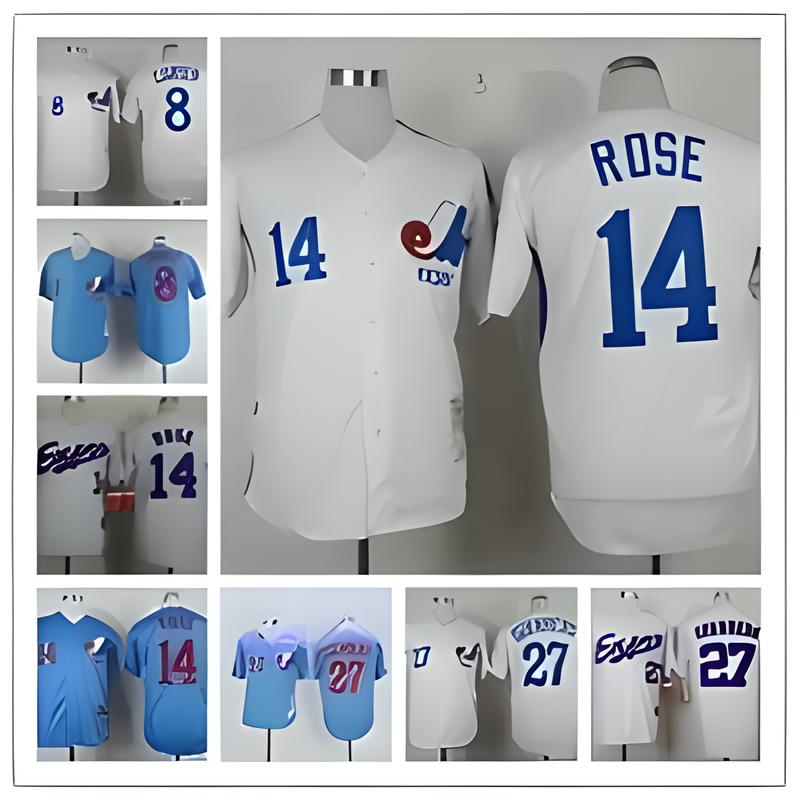

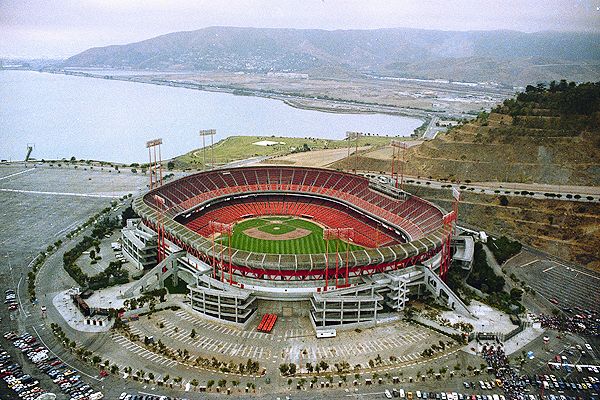
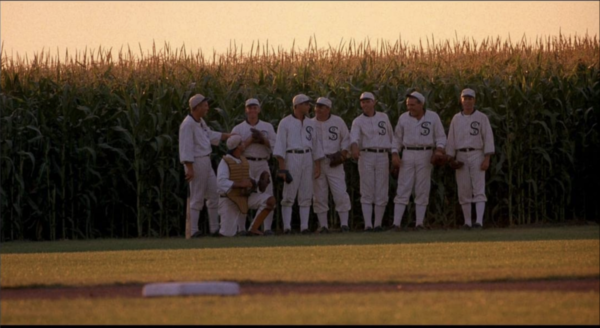

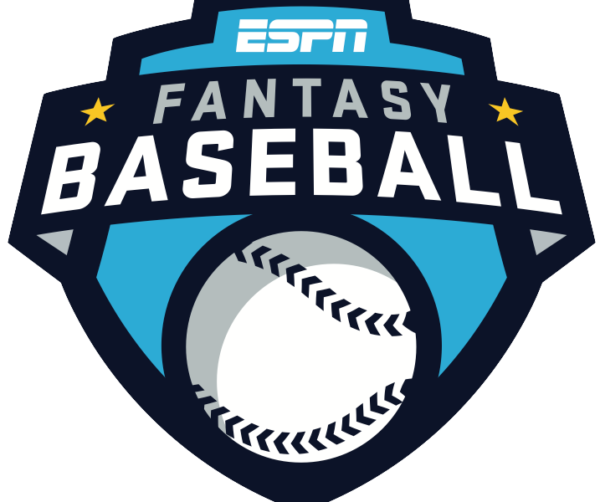
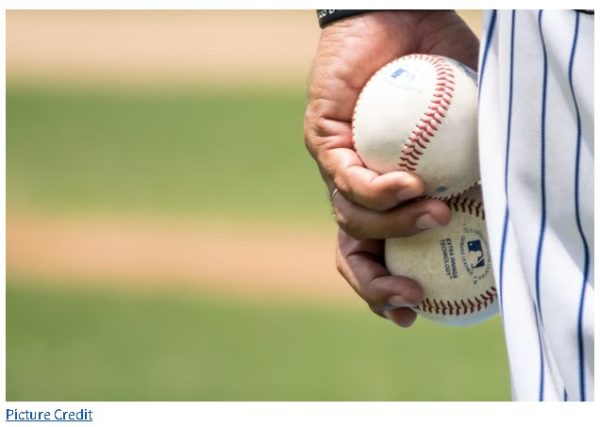
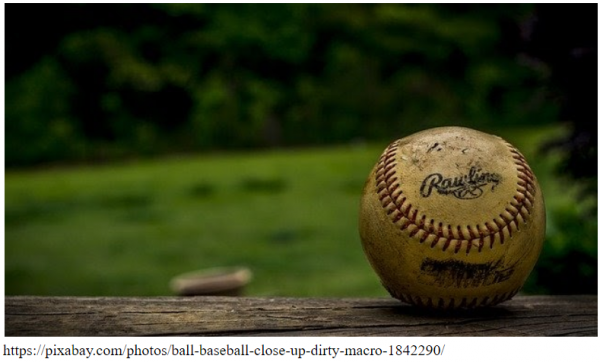

8 Responses
If anyone else has had a chance to read Pinch Hitter, please share your comments with us.
Are there more testimonials around the site?
Yes, there certainly are. We do reviews of things quite frequently.
I would like to know where can I get Mets Jerseys?
It depends on what kind of Mets jersey you are looking for. There are various places that provide those. Try MLB.com/shop and see what they have to offer.
Please check out BillJordan’s last blog post..WBC Sees Increase in Ratings!
good post, dude! can you point me how to get Mets Jerseys? thanks.
As I stated to the last commenter, please note what kind of jersey you are looking for and look over MLB.com/shop to see if there is anything to your interest.
Please check out BillJordan’s last blog post..IBAF Announces Partnership with PIFB!
Very cool information here. Great book review. I think you are right in “todays” baseball it is unheard of for a player to go straight to the majors. Although, in the era of the movie “The Natural” I wonder how impossible it would really be. I loved that movie.